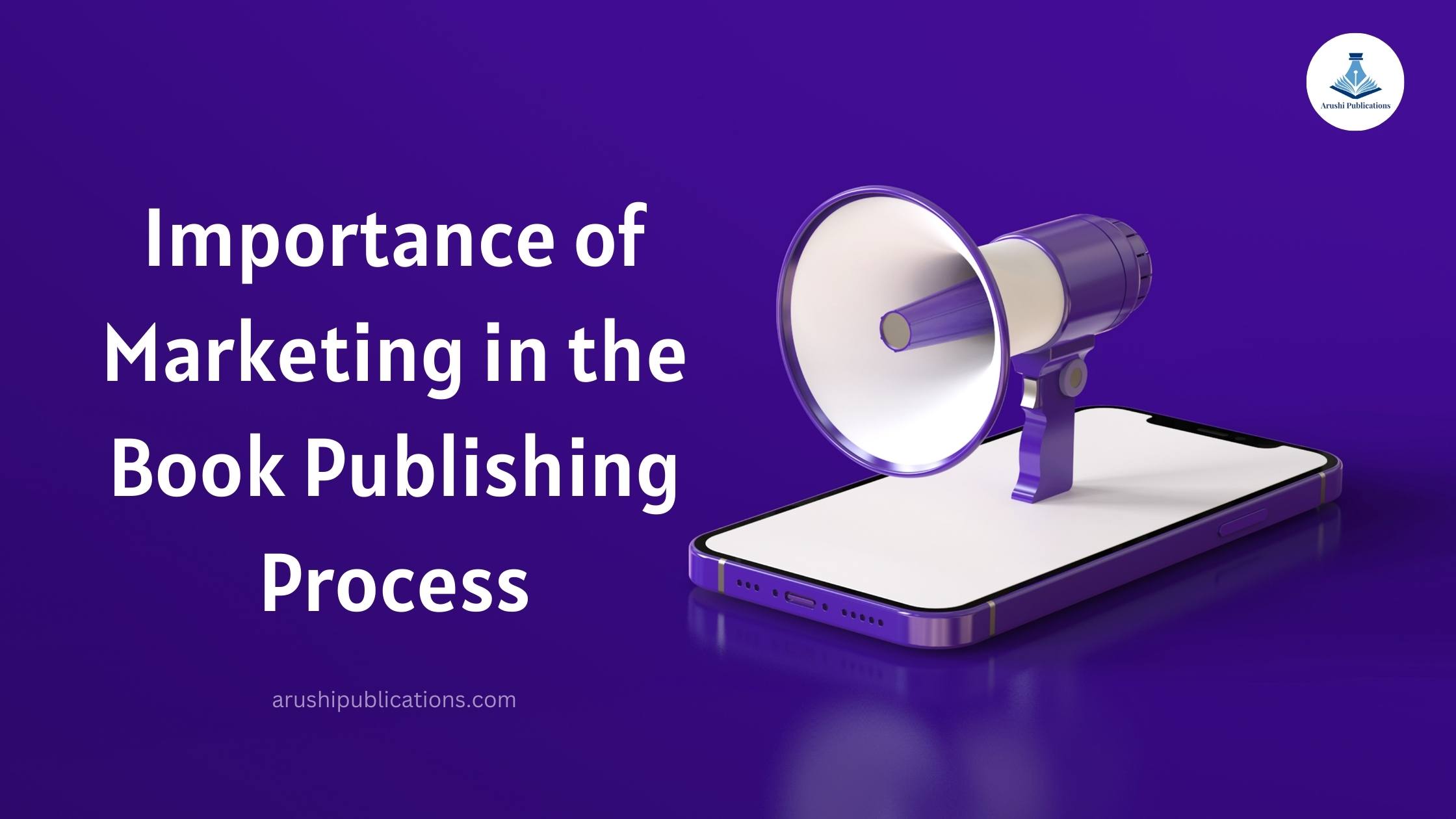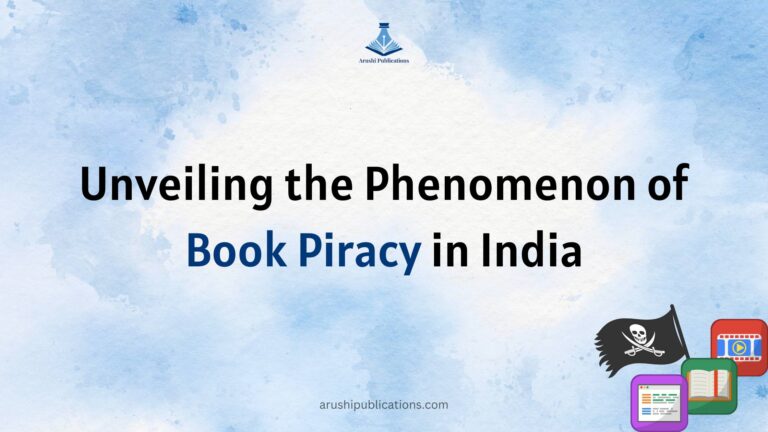In the ever-evolving landscape of the publishing industry, the journey of a book from manuscript to reader’s hands is marked by numerous challenges and opportunities. Amidst the myriad tasks involved in bringing a book to market, one aspect stands out as crucial for its success: marketing. In this blog, we explore the importance of marketing in the book publishing process, unraveling its role in shaping the fate of a book and offering insights into effective strategies for authors and publishers alike.
Understanding the Importance of Marketing in the Book Publishing Process:
Marketing serves as the bridge that connects authors and their books with readers hungry for engaging stories, insightful knowledge, and transformative experiences. In a marketplace inundated with choices, effective marketing distinguishes a book from the competition, elevating its visibility, relevance, and appeal to target audiences. Whether it’s a debut novel seeking to captivate readers or a non-fiction tome aiming to educate and inspire, strategic marketing lays the groundwork for success in the competitive world of publishing.
Building Awareness and Generating Interest:
At its core, marketing is about storytelling—crafting narratives that resonate with readers and compelling them to take notice. Through a combination of traditional and digital channels, authors and publishers have the opportunity to showcase their books to a global audience, generating excitement and anticipation long before the book hits the shelves. From eye-catching cover designs and compelling book descriptions to engaging author interviews and social media campaigns, every marketing touchpoint serves to pique curiosity and spark interest in the book.
Establishing Author Branding and Platform:
In today’s interconnected world, authors are not just writers; they are brands unto themselves. A robust marketing strategy enables authors to cultivate their personal brand and establish a strong online presence across various platforms. Through author websites, blogs, social media profiles, and email newsletters, authors can engage with readers, share insights into their creative process, and build meaningful relationships that extend beyond the pages of their books.
Moreover, a well-defined author platform enhances an author’s credibility and authority within their niche or genre, positioning them as thought leaders and influencers in the literary community. By investing time and effort in cultivating their author brand, authors can leverage their platform to amplify their message, expand their reach, and connect with readers on a deeper level.
Driving Sales and Revenue:
While writing may be a labor of love, publishing is a business, and marketing plays a pivotal role in driving sales and revenue for authors and publishers alike. A strategic marketing plan not only creates buzz and anticipation for a book’s release but also drives traffic to retail channels, leading to increased book sales and enhanced discoverability. Through targeted advertising campaigns, book signings, author events, and partnerships with retailers and bookstores, authors and publishers can maximize the visibility and commercial potential of their books in the marketplace.
Furthermore, marketing efforts extend beyond the initial launch phase, encompassing ongoing promotion and engagement to sustain momentum and keep the book relevant in the minds of readers. Through promotions, discounts, and special offers, authors and publishers can incentivize readers to purchase and recommend their books, fostering a loyal fan base and driving long-term success in the publishing industry.
Fostering Reader Engagement and Community:
Beyond the realm of transactions and sales figures, marketing fosters a sense of community and engagement among readers, authors, and publishers. Through book clubs, online forums, and social media groups, readers have the opportunity to connect with like-minded individuals, share their love for books, and participate in meaningful discussions about their favorite authors and stories.
Authors, in turn, can leverage these platforms to engage with their readers, solicit feedback, and gain valuable insights into their preferences and interests. By listening to their audience and responding to their needs, authors can forge deeper connections and build a loyal fan base that transcends individual books and genres.
Navigating the Digital Landscape:
In an age dominated by digital technology and online platforms, marketing has undergone a paradigm shift, with digital marketing emerging as a dominant force in the publishing industry. From social media advertising and email marketing to search engine optimization and influencer partnerships, authors and publishers have a wealth of digital tools and strategies at their disposal to reach and engage with readers in the digital realm.
Moreover, digital marketing offers unparalleled opportunities for data analytics and performance tracking, allowing authors and publishers to measure the effectiveness of their marketing campaigns, identify emerging trends, and optimize their strategies for maximum impact. By harnessing the power of data and analytics, authors and publishers can make informed decisions, allocate resources efficiently, and stay ahead of the curve in an increasingly competitive marketplace.
To conclude, the importance of marketing in the book publishing process cannot be overstated. From building awareness and generating interest to driving sales and fostering reader engagement, marketing serves as the cornerstone of success for authors and publishers in the dynamic world of publishing. By crafting compelling narratives, cultivating author branding, and leveraging digital technology, authors and publishers can navigate the complexities of the publishing landscape, amplify the visibility of their books, and connect with readers in meaningful ways.
As the publishing industry continues to evolve and adapt to changing consumer behaviors and technological advancements, the role of marketing will remain paramount in shaping the future of books and literature. By embracing innovation, embracing collaboration, and embracing the power of storytelling, authors and publishers can unlock new opportunities, reach new audiences, and make a lasting impact in the literary world.
In the end, it is not just about selling books; it is about sharing stories, sparking imaginations, and enriching lives—a mission that lies at the heart of every author, every publisher, and every reader who believes in the transformative power of the written word.





Pingback: Why is Delhi the Hub for Book Publishers: Top 6 Reasons - Arushi Publications